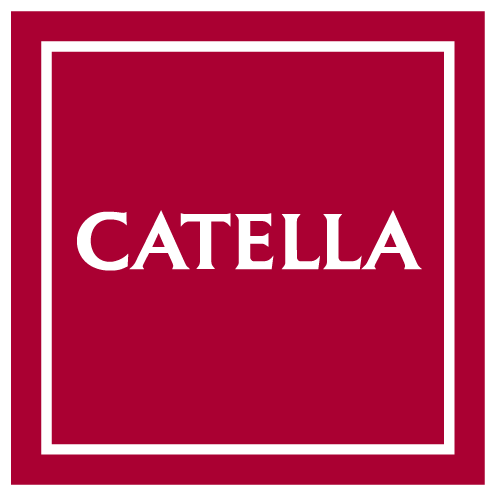After several years of stable growth, global financial markets once again demonstrated their idiosyncrasy, and one word sums up 2018: Challenging.
The year began in the same style as last year ended, with rising stock markets, rising interest rates and a general sense of good times. But by the end of January this feeling had changed entirely. The market had been lulled by an overly secure world in 2017, and the pattern of each slight dip being bought was flipped. A large downturn led many participants to switch behaviour after a shock awakening. The VIX index, which is a measure of market pricing of future volatility, rose steeply and stock exchanges fell. The rise in interest rates that had begun in the United States and then spread globally, and which suggested that the world was emerging from the tough years following the financial crisis, came to nought. The year has been challenging for active managers, who in most cases tend to buy "cheap" shares and sell "expensive" ones. This is a strategy that works over time, but which has been difficult in 2018 since cheap companies have become even cheaper and expensive ones have become even more expensive.
Even after the market turmoil had calmed slightly, there was an obvious difference compared to 2017. Donald Trump began to tweet about a trade war, cyclical companies turned gains into losses, and cyclical industrial metals fell. There was a common message from many directions in the market – we are headed for weaker times. And in weaker times companies make less money, with the biggest impact on those most sensitive to the state of the economy. In periods of weaker growth, the performance of emerging market stocks is inhibited since they are most sensitive to the economic trends. Commodities fall. Bonds with lower credit ratings are poor performers, and the only entirely secure assets are government bonds. The message from the market was clear. Even oil prices fell in the final months of the year, which can also be interpreted as a signal that global demand is weaker than expected. One positive effect of falling commodity prices is lower inflation, which means, all else being equal, less need for tighter monetary policy. Lower commodity prices also free up the ability of companies and households to consume, and can be compared to a tax cut. The losers from lower commodity prices are, of course, the companies and countries that produce them.
Investments in the United States have provided a decent return in 2018, thanks to the stronger dollar. Growth has stepped down a gear and there are now multiple problems with this. The greatest risk from weak growth right now is that large parts of the world have little ammunition in the form of monetary policy to parry a recession. Interest rates are already at record lows and, even in an environment of weaker growth, it is difficult to imagine that rates could fall much further. And in addition, fiscal policy is already expansionary, particularly in the United States. Overall, this means the world is more unequipped than ever to handle a recession, which is influencing the pricing of financial assets and leads me to believe that 2019 will be a major challenge for politicians, central bankers and portfolio managers alike.

